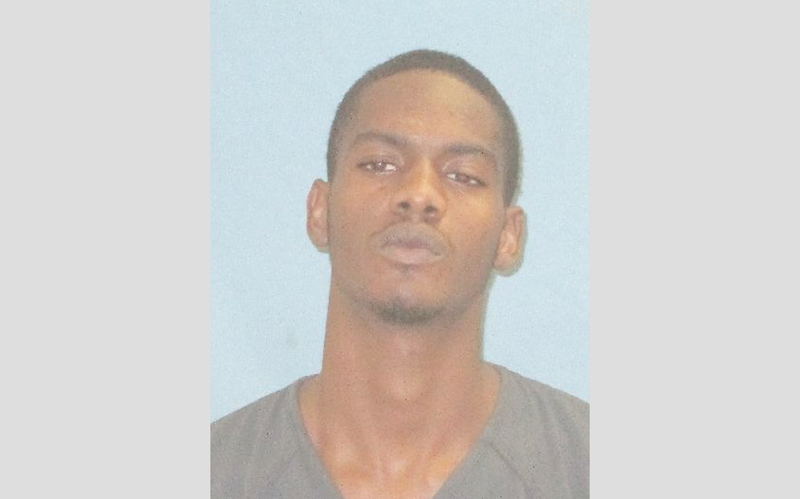A dying gunshot victim's last words, naming his killer for police, cannot be used as evidence against the Little Rock man because they were the result of police questioning, Pulaski County Circuit Judge Herb Wright ruled Tuesday.
Bleeding from a half-dozen gunshot wounds on the floor of a Little Rock apartment, Steven Lavon McPherson reportedly gasped the name "Fugi" in July 2017 when police asked him who'd shot him.
A few minutes later, as paramedics carried McPherson, 43, to an ambulance, he identified a Facebook photograph of Jasper Lamar Singleton as the shooter.
A detective had found the picture on the Internet and forwarded it to officers at the scene to show McPherson. The victim said the photo was of the man who shot him, according to reports.
Singleton, 20 and homeless, was charged with first-degree murder after two witnesses who were in the apartment with McPherson also identified Singleton as the man they knew only as "Fugi."
Deputy prosecutor Jayme Butts-Hall wanted the officers who were with McPherson during some of his final moments to tell jurors how he came to tell police that the man who killed him was "Fugi."
Usually, that kind of testimony -- a witness testifying about what someone said outside of the courtroom -- is considered hearsay that is almost always barred from being used as evidence. But prosecutors contended that McPherson's words to police were an exception to the hearsay rule, either as a "dying declaration" or an "excited utterance."
The final words of a dying man are considered inherently truthful by the courts since a victim in the last minutes of life presumably has no reason to lie, while the utterance, a spontaneous statement made in the heat of the moment, is similarly considered to be reliable because the remarks are not the result of any kind of questioning and the speaker has not had the opportunity to make up a lie.
Singleton's attorney Lee Short argued that, given the circumstances of his life and death, nothing McPherson, a convicted murderer, said should be considered trustworthy.
"There is no evidence here that Steven McPherson, and his life of crime, led him to a belief that he must use his final words to speak some form of truth. McPherson had pursued a criminal lifestyle, including selling crack cocaine out of a 'crack-house' up until the very moments he passed away," Short stated in his written arguments. "To assume that he had a rational thought about his visit to Saint Peter at the gates of Heaven would be absurd. Instead, with drugs in his body and numerous gunshots, it is unlikely he was able to rationally think at all."
The judge sided with Short after hearing testimony from the officers that they had questioned McPherson repeatedly over the space of several minutes hoping to get a dying declaration from him, first to find out who shot him, then to learn if he could identify the Facebook photograph of the presumed suspect.
Wright, however, was clear to distinguish that his ruling found no deliberate wrongdoing by police as he commended officers' "very good work" in identifying a suspect so quickly. But the rules on hearsay bar such "testimonial" statements from being used at trial when they arise out of deliberate questioning by authorities, the judge said.
Police got to the shooting scene, the Big Country Chateau apartments on Colonel Glenn Road, so quickly because they just happened to be in the vicinity.
Metro on 08/15/2018


